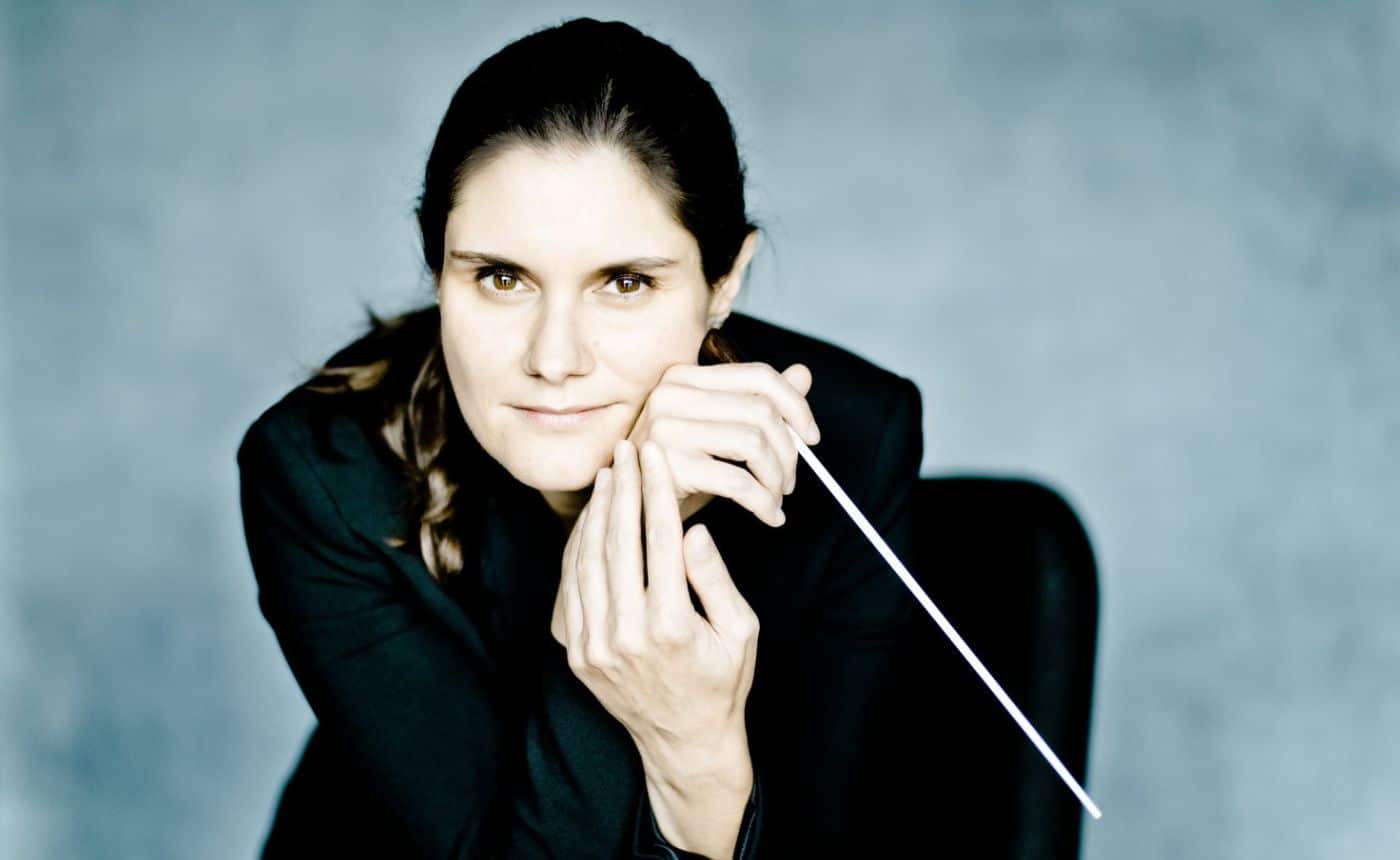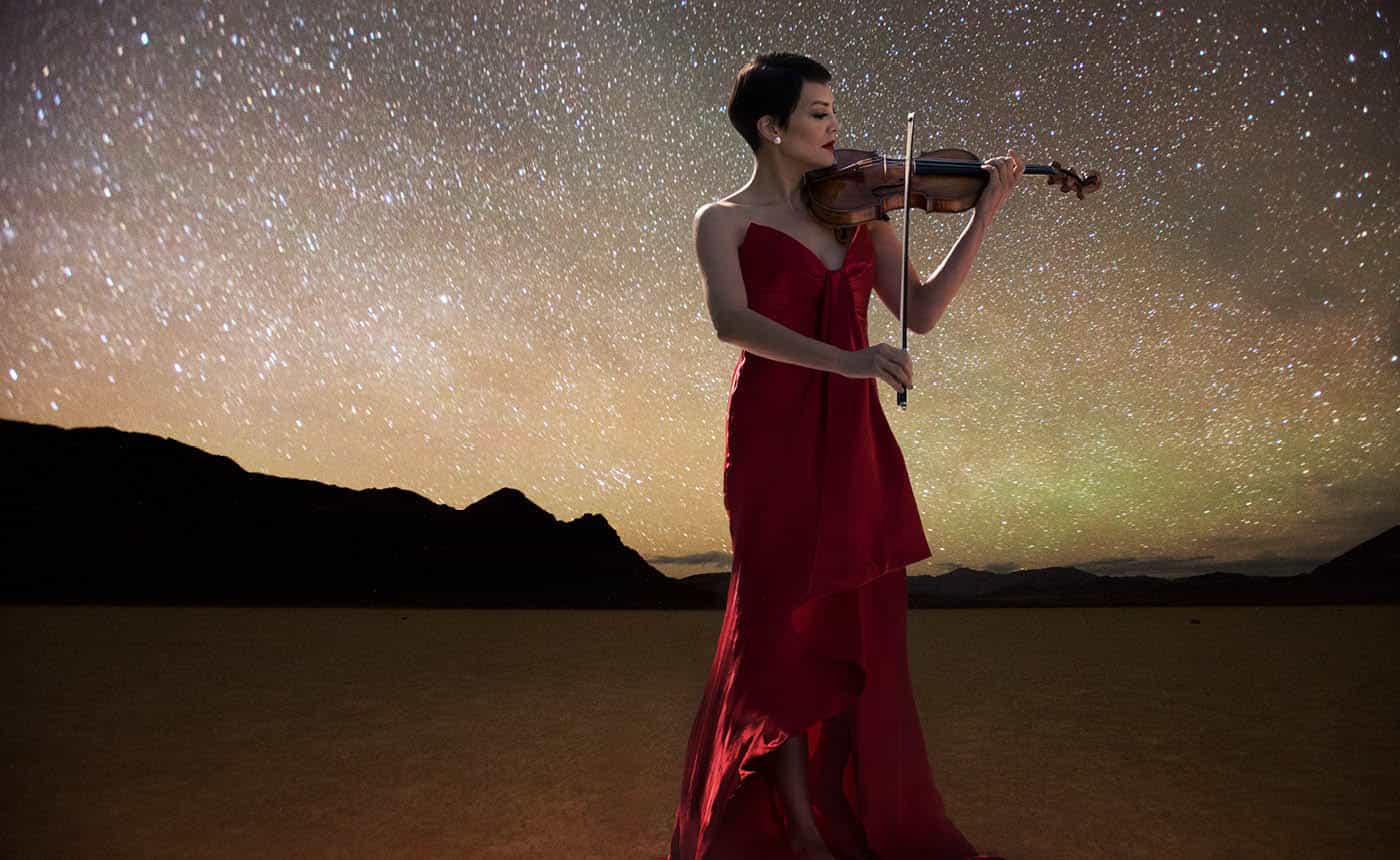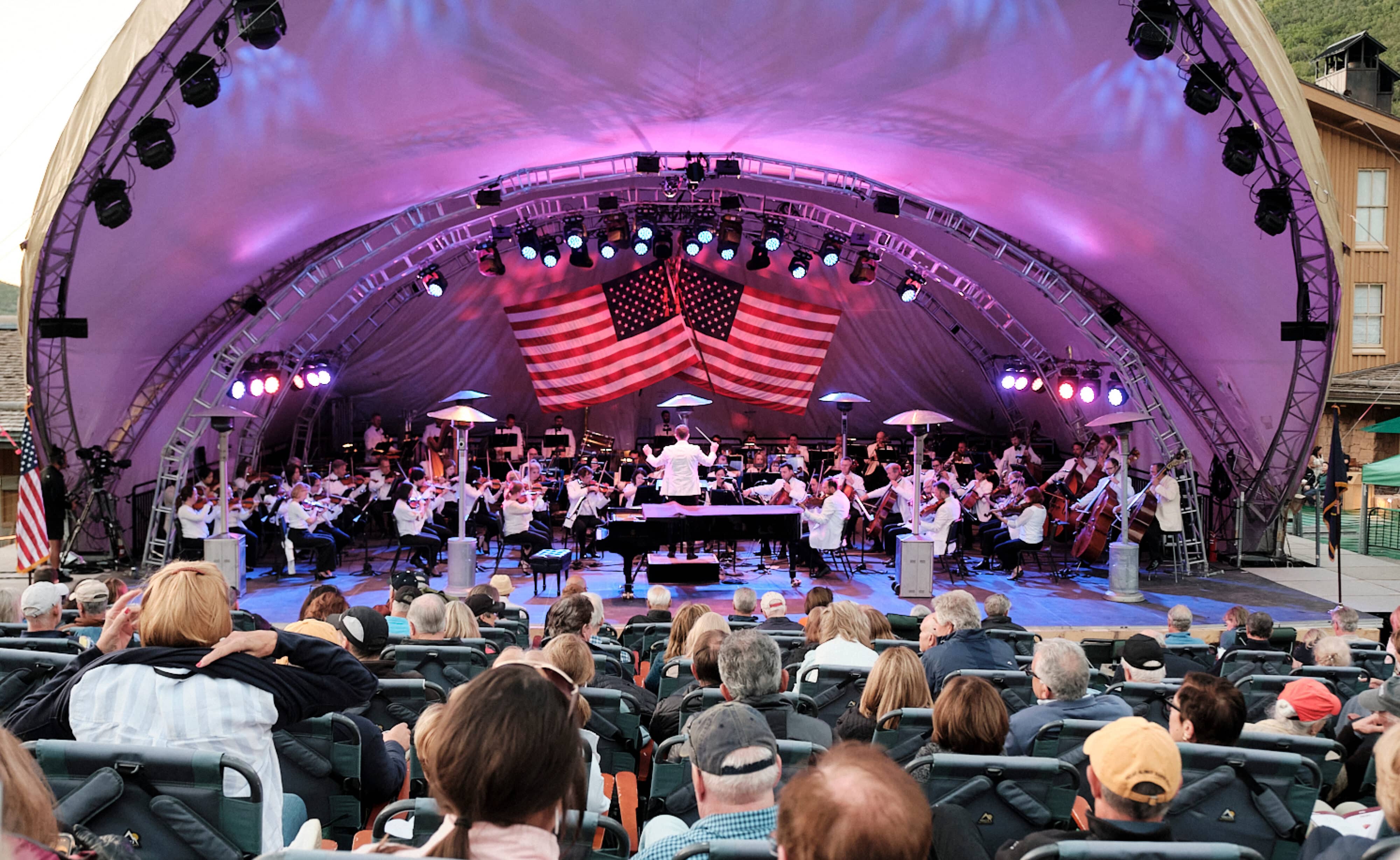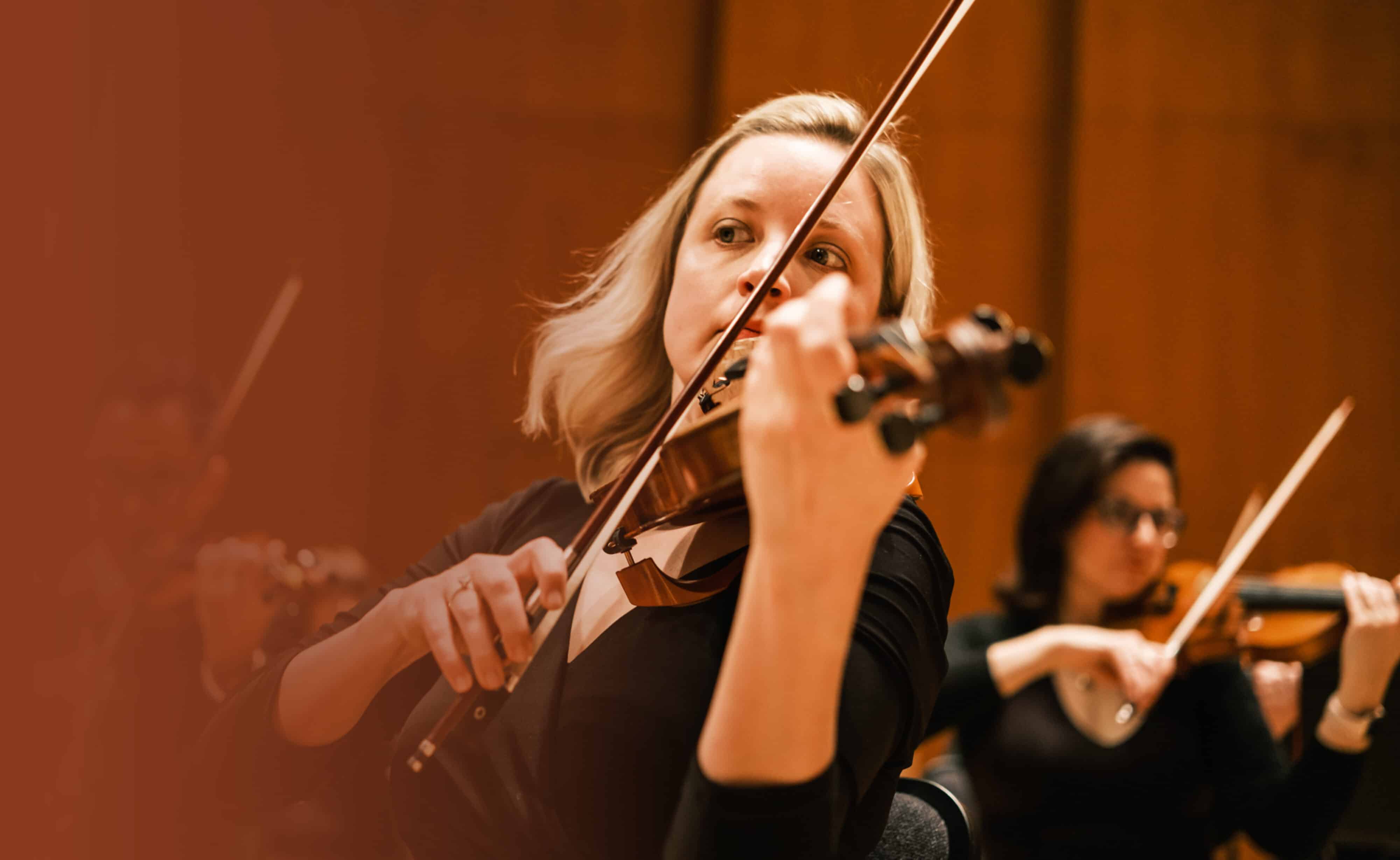DEBUSSY: Prelude to the Afternoon of a Faun (Prélude à l’Après-midi d’un Faune)
by Jeff Counts
Duration: 10 minutes.
THE COMPOSER – CLAUDE DEBUSSY (1862–1918) – By 1890, Debussy was finally ready to free himself from the Wagnerian tendencies of his youth. It was a resilient condition with no known cure, so he tried out a few different self-made remedies. These included further explorations of “exotic” traditional music from Spain and other cultures, and an even deeper association with the French Symbolist poets who held court in Paris during the last decades of the century. One of his most influential collaborators from that particular cadre was Stéphane Mallarmé, who invited Debussy to participate in a theatre project based on his landmark poem The Afternoon of a Faun.
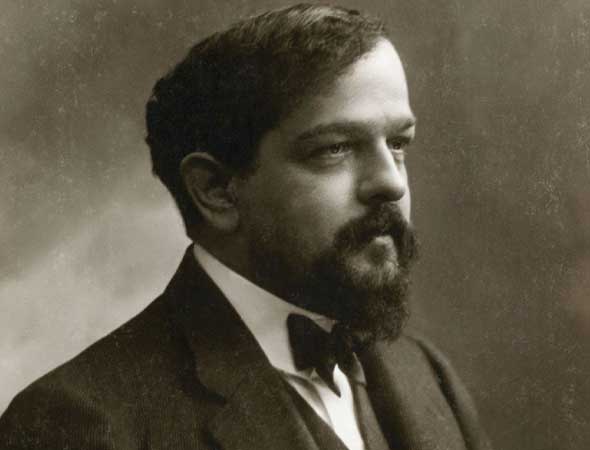
THE HISTORY – Sadly, the project never happened. But Debussy did his part, and the resulting Prélude signaled a critical shift in the composer’s career. It was the first complete realization of his unique orchestral style and a shot across the bow of tradition – a soft shot, to be sure, but one that was every bit as significant as a middle-period Beethoven symphony or The Rite of Spring. The poem itself is a dreamlike collection of phrases from the opening flowers that “arch in the air, heavy with tufted slumbers” to the final farewell in anticipation of “the shade that you became.” These gorgeous little word feasts are meant to be consumed as impressions and imagery, not the ingredients of a conventionally constructed story. Debussy designed the phrases of his Faun prelude with exactly the same intent and did so by ignoring nearly every structural expectation of his time. As a result, he opened the eyes of the world to the possibilities of a new, definitively post-Romantic (and post-Wagnerian) kind of expression. But what did it mean? If the old strictures of musical form, a collection of concepts that were already on the ropes thanks to Wagner and others, could be even more easily abandoned and to such dramatic new effect, what other surprises did the coming century have to offer? Debussy would have a lot to say on the matter going forward. With Faun, he had shared his rare gift for making words and pictures expressly manifest in music. A poem as subtle and indirect as Mallarmé’s would have been resistant to the efforts of just about any other composer and that challenge fit Debussy’s vision of an unburdened intimacy of sound perfectly. In 1893, he described his music as being “not the expression of a feeling, it’s the feeling itself.” In these ten short minutes delivered to the world a year later, the concepts of melody, harmony, instrumentation, and everything else related to composition were changed forever.
THE WORLD – Elsewhere in 1894 was the beginning of the Dreyfus Affair in France, the Tower Bridge opened in London, the International Olympic Committee was founded, and the site of the Chicago World’s Fair was destroyed by fire.
THE CONNECTION – Afternoon of a Faun was last presented on a Utah Symphony Masterworks program back in 2015. Thierry Fischer was on the podium.






